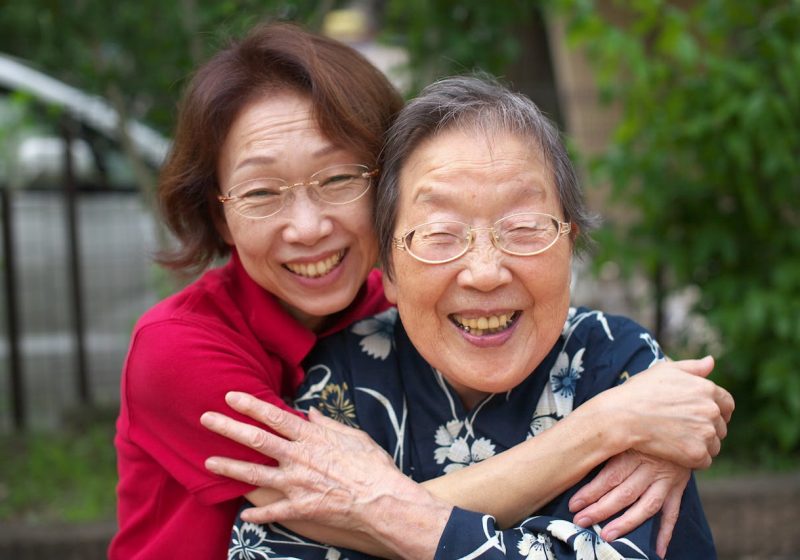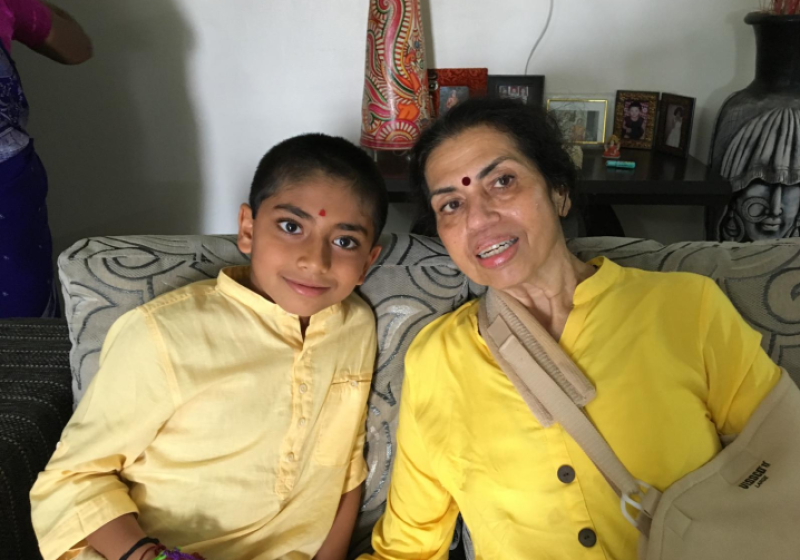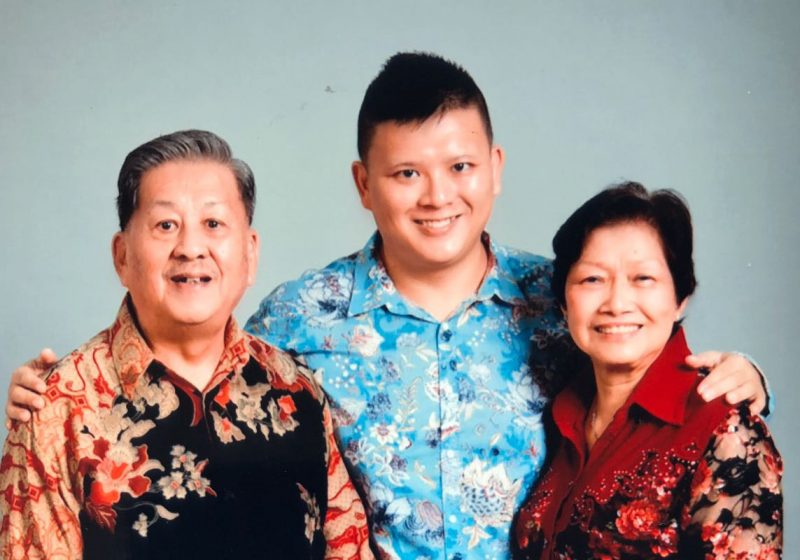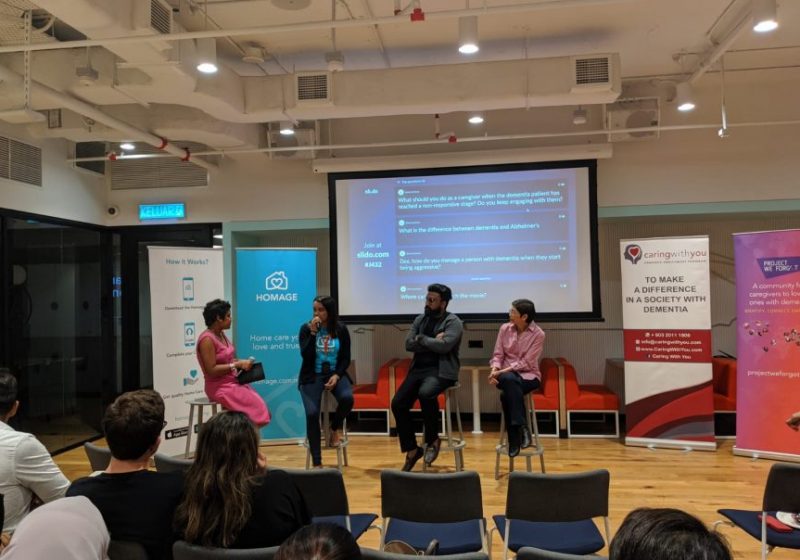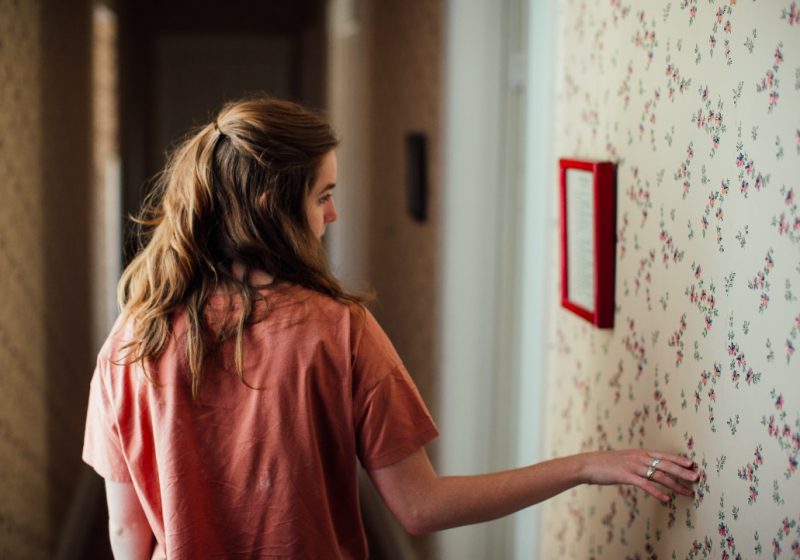Busy, loud and full of cheer with lots of hugs and smiles to go around. Festivities are always lovely occasions where everyone comes together to celebrate. Here are some tips for keeping things simple, safe and inclusive for your loved one with dementia this holiday season.
By Joanna Sun

Holiday seasons are a big thing for the family. Coming from a huge family, Christmas, New Years and Chinese New Year are always lovely occasions where everyone comes together to celebrate. Typically in Asia, our festivities are busy, loud and full of cheer with lots of hugs and smiles to go around.
However, putting these events together is no mean feat and my family who have kept the tradition of an open house have cooked and entertained the tens of people who have streamed into the family home on a lunar new year day every couple of years. The logistics, planning and processes work like a seamless choreograph dance and as enjoyable as it may be, it can also be awfully exhaustive.
Working with older adults living with dementia, as much as a lot of them look forward to the Christmas season, some of them tell me they find it rather daunting. Only because of the break in the routine and one resident who use to be in bed for a whole two days after Christmas, “it’s just all a little too much, good intentions but it’s all too much to handle.” She would be up and dressed and whisked off by family at eight in the morning and be driven to a number of locations to visit family. By eight in the evening, she would be back looking as withered like a leaf in autumn ready for a long day’s rest in bed.
Keeping things inclusive, simple and safe is always a good strategy for the holidays.
Inclusiveness
As much as we want to do everything for our loved ones, it’s important not to take away their independence and sense of dignity especially if they are routinely a part of the team in the family that helps to actively put things together on Christmas day. Planning ahead is an important step, and it’s best not to make assumptions. Getting information to help create the right environment to include your loved ones in activities that will socially engage and include them will help to make the day brighter for everyone. It would be good to have a conversation with your loved one before the day to find out what tasks they would enjoy and what they may be comfortable doing.
If you are not their primary caregiver, it would be good to find out from their primary caregiver as well to attain some recommendations and ideas on what would be most suitable regarding when including them in the holiday festivities for both your loved one with dementia and their caregiver. Don’t forget to check about any changes in dietary requirements as well as some older adults may develop changes based on other or additional health conditions such as hypertension, diabetes, gout or recent dental work.
There’s no quick and easy solution so keep an open mind and the conversation going and include the family visiting in the process.
Simplicity
We all want to make each Christmas the best Christmas, and it’s not out of one’s nature to want to squeeze a multitude of activities or decorations to fill the house with festive cheer. However, it is a good idea to keep things simple to minimise the chaos and confusion, especially if your loved one living with dementia is visiting and the event is not being held in their home. If you are familiar with the annual Christmas routines, try to stick to the same format. For instance, in our family, it’s catch up in the late morning followed by Christmas lunch and presents. It’s different for every family, but if you have a traditional routine, you may want to keep to the tradition.
Simple decorations can also have a lovely warm Christmas cheer; you may wish to avoid disorientating dazzling Christmas lights that may flash randomly.
You may wish to be mindful of the time and keep it shorter and more manageable especially if it is an unfamiliar environment and to look out for cues for signs of fatigue. The quality of the day is worth much more its weight in gold than a quantity of time that is stressful, uncomfortable and unpleasant for everyone. In an external environment, it would be ideal to have quiet spaces in the event some living areas become too uncomfortable if there are too many visual or auditory stimuli which can happen when there are some people in the room.
You may want to prepare some photos or a photo album for them to reflect on with a relative, a grandchild or grandchildren to share their stories or if they are game for a good game of mahjong with family, why not. Self-care is also important and keeping things simple will help to reduce stressors for everyone.
Safety
It’s good to ensure that the environment can help to support your loved one. Keep spaces clutter-free and ensure there are no loose rugs that may pose a trip hazard. In some Asian homes, an old towel or T-shirt can be commonly found in front of bathrooms for people to dry their feet, these loose materials can contribute to falls. Good lighting is necessary, to allow people to have good visual access and it will certainly help to enable a person when they can clearly see where they are going or what they are doing.
Be careful with the placement of objects that are flammable, sharp or otherwise dangerous objects and ensure that your loved one is supervised at all times, especially in an unfamiliar environment. Some examples of items in Asia, containing an open flame or heat are open barbeques, gas cookers, candles, a working hotpot or steamboats in the vicinity.
In Asia, we have much cute and candy-like memorabilia, buttons and ornaments that may be easily mistaken for candy or a sweet treat. Some candy and snacks can also pose a choking hazard for older adults who may have dysphagia.
For more information, you can refer to the following resources:








